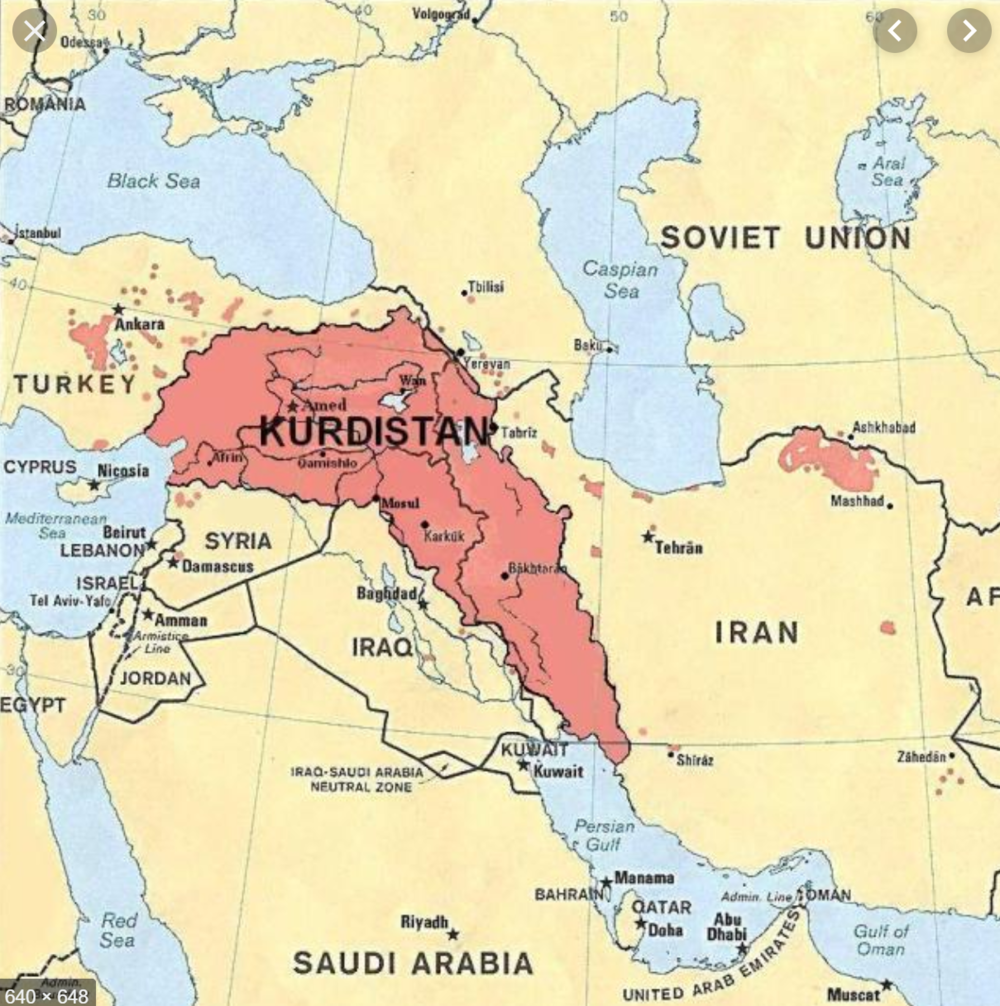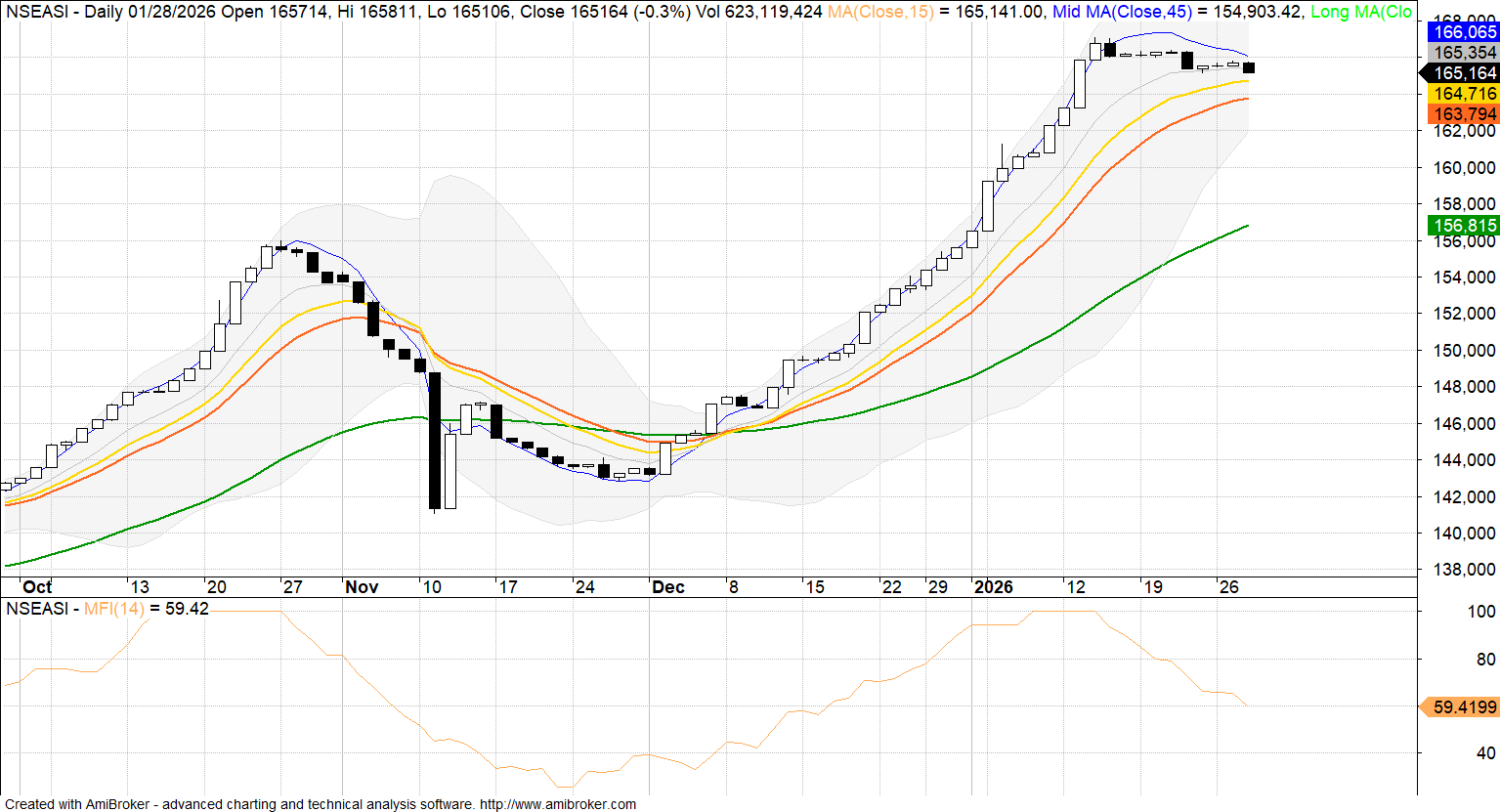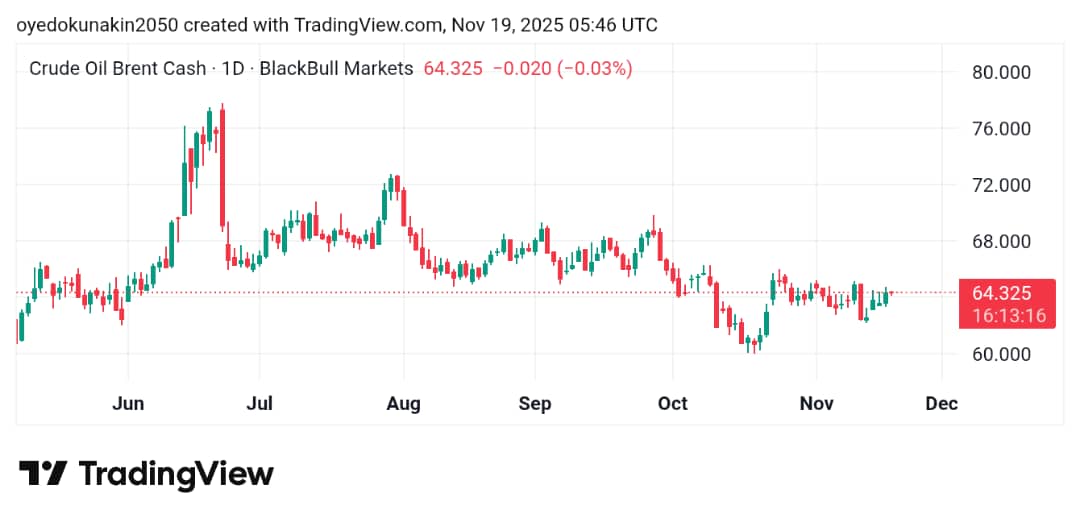
Akintunde Oyedokun
Research Analyst
Oil prices gained more than $1 per barrel on Tuesday after a deal to resume crude exports from Iraq’s Kurdistan region was delayed, easing fears of a supply glut. Brent settled at $67.75 and WTI at $63.55, both rebounding after four straight sessions of losses. Exports of about 230,000 barrels per day through Turkey remain suspended as producers seek debt repayment guarantees. Despite the rally, global markets still face rising supply and weaker demand, with the International Energy Agency warning of a potential surplus by 2026.
Germany’s Business Growth Hits 16-Month High as Services Sector Leads, Manufacturing Falters
Germany’s business activity hit a 16-month high in September, boosted by a strong rebound in the services sector, though manufacturing weakened to a four-month low. The composite PMI rose to 52.4, staying in growth territory for the fourth straight month. Despite the uptick, new orders fell across sectors, inflationary pressures increased, and business expectations softened, raising concerns of a potential slowdown ahead.
French Economy Contracts Sharply In September As Manufacturing, Services Struggle
France’s economy contracted in September at its fastest pace since April, as both manufacturing and services weakened. The composite PMI fell to 48.4, signaling a downturn driven by falling demand and 16 straight months of declining new orders. Manufacturing output hit a seven-month low, while services also slowed. Despite slight job growth, business confidence stayed weak, and companies cut prices for the first time since May due to soft demand and competition.
Morocco Keeps Rates Steady, Projects Stronger Growth
Morocco’s central bank maintained its benchmark rate at 2.25%, citing global tensions, regional conflicts, and water stress as key risks. Inflation is expected to stay at 1% in 2024 before rising to 1.9% by 2026. Economic growth is projected to pick up from 3.8% this year to 4.6% in 2025, supported by improved harvests, stronger exports, and lower energy imports. Foreign reserves and fiscal balance are both set to improve through 2026.
Nigeria Cuts Interest Rate As Inflation Eases
The Central Bank of Nigeria reduced its key lending rate by 50 basis points to 27%, the first cut since 2020, citing falling inflation and the need to support economic growth. GDP grew 4.23% in Q2, its fastest pace in four years, while headline inflation eased to 20.12% in August. The naira strengthened about 3% against the dollar this month. Analysts expect further rate cuts in 2025 as inflation continues to decline.












